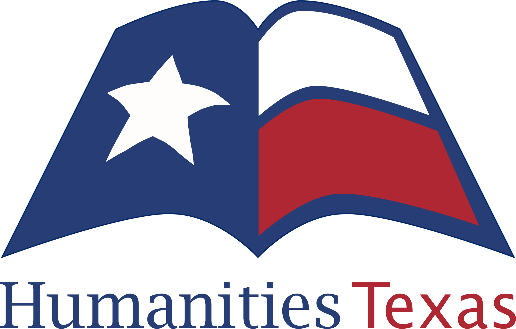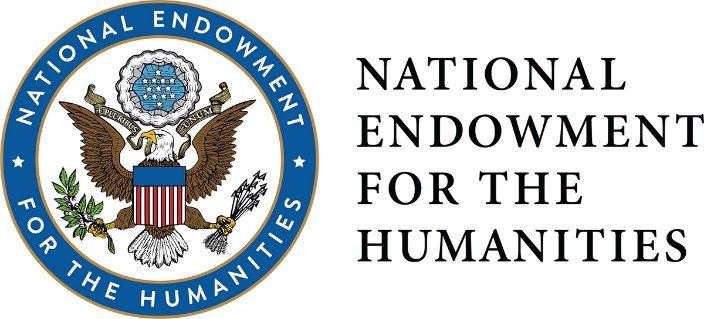Educate Engage Protect Preserve
The Houston Freedmen’s Town Conservancy is a 501(c)(3) non-profit organization that protects and preserves the history of Freedmen’s Town for the benefit of future generations. We support community engagement, re-education, and heritage tourism. The Houston Freedmen’s Town Conservancy is a 501(c)(3) non-profit organization that protects and preserves the history of Freedmen’s Town for the benefit of future generations. We support community engagement, re-education, and heritage tourism.
Educate Engage Protect Preserve
The Rich (Historic) Story of Freedmen’s Town
The Emancipation Proclamation freed slaves beginning January 1, 1863. However, it wasn’t until June 19, 1865, in Galveston, Texas that the last slaves were freed. General Gordon Granger and his troops arrived in Galveston, Texas and read General Order No. 3, which informed all of the enslaved people that they were now free.

Mission Statement
To preserve the historic legacy of Freedmen’s Town inspiring all through education and awareness of its unique story.
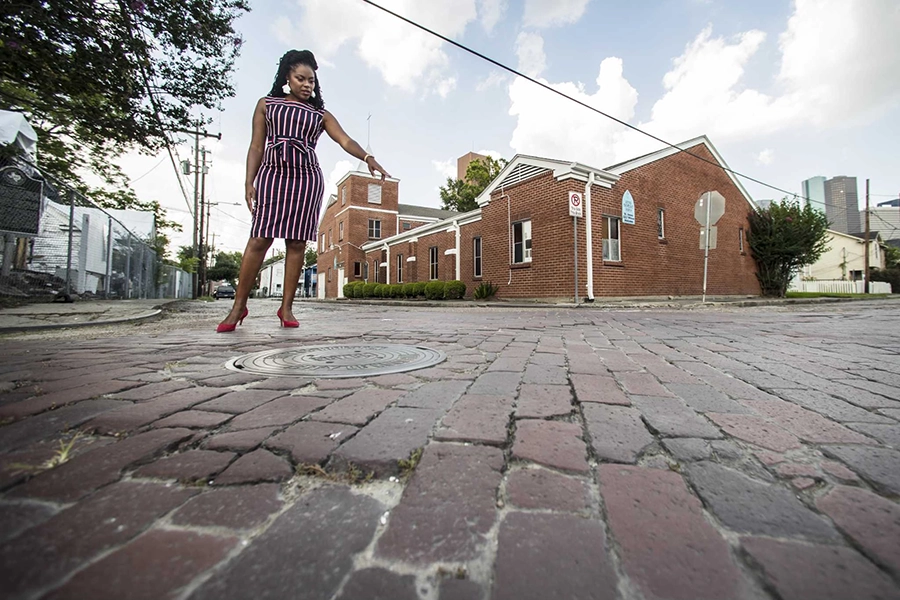

Vision Statement
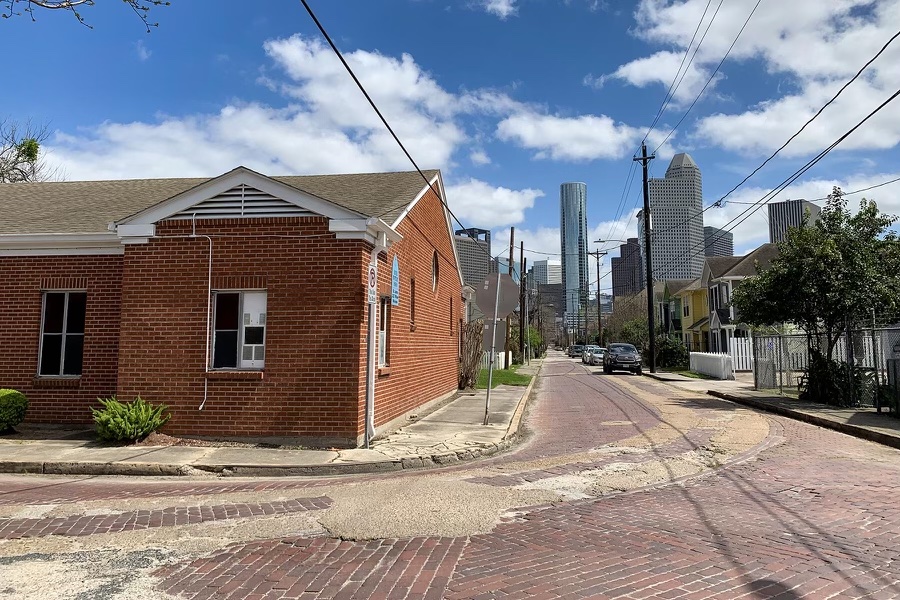
Global recognition of historic Freedmen’s Town as the heritage district that transforms our understanding of Emancipation to be the story of freedom.

Be Apart of History
As a nation we’ve collectively tapped into the importance of history, truth, and justice over these past few years. One thing’s become abundantly clear to us:
We need connection. We are interdependent. We collaborate and work together even while we stand apart. We need one another because we are stronger together.
The Houston Freedmen’s Town Conservancy is working with the guardian’s of history in Freedmen’s Town because the ONLY way we can protect this historic community is through collective action.
Freedmen’s Town is a critical part of not only Texas’ and Houston’s history, but our nation’s history. It is crucial that «stories of freedom that transpired» in this historic place be kept alive and told to generations to come.
Just as the homes, churches, and parks built over 150 years ago by African Americans are part of this unique cultural attraction, gifts made today will be working 150 years from now-and beyond to support the rebirth and sustainability of Freedmen’s Town, Houston’s «Mother Ward».
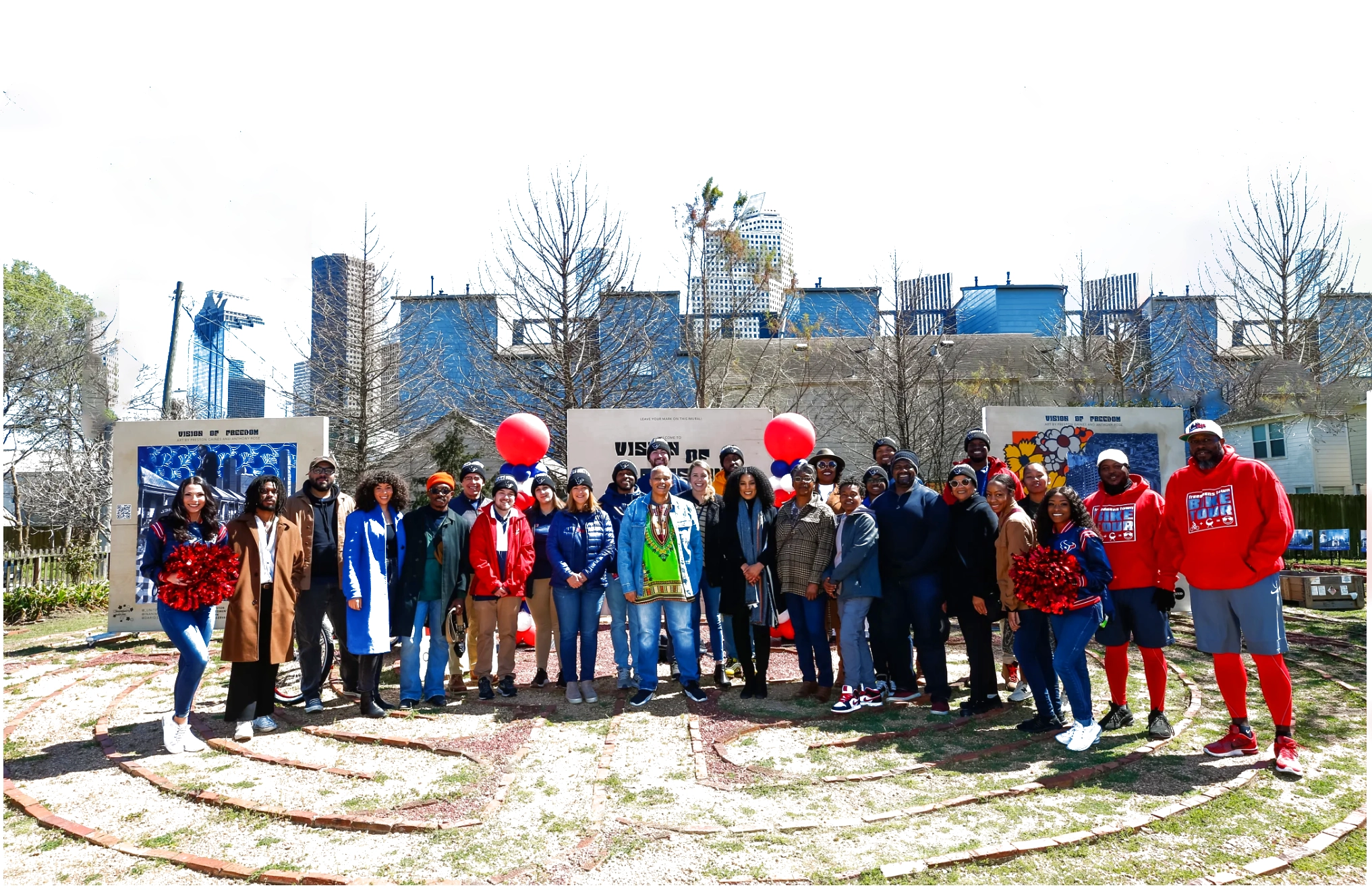

Thank You to Our Supporters

Ford Foundation
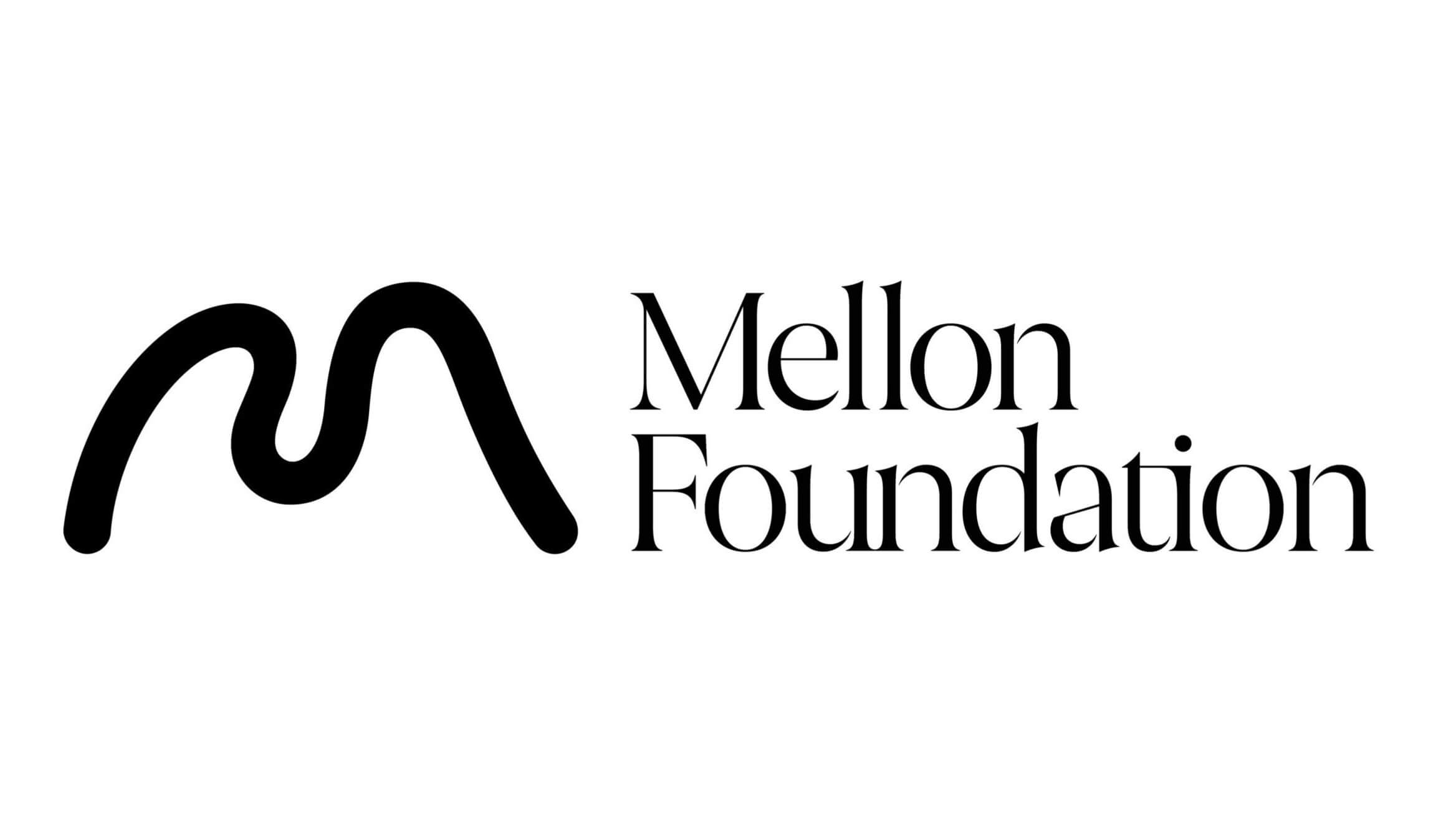
Mellon Foundation

HEB

Tellepsen
Join The Rebirth

Your financial support builds strength and capacity for the Houston Freedmen’s Town Conservancy to work even harder at protecting, preserving, educating and engaging!
Every gift, no matter the size, is a vote of confidence for the promise of Freedmen’s Town now and in the future. The future is bright join the wave of support!
Stay Connected
Keep up to date on all of our latestest news, offerings, updates and events. We have some exciting new developments in the works.

